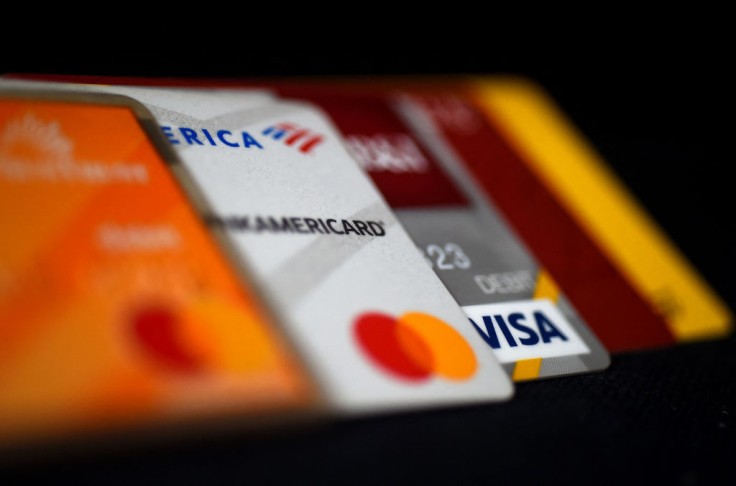The rise of credit card delinquencies is an indication of a "worsening financial distress" among US households as debts continue to rise amid inflation, according to the Federal Reserve Bank of New York.
In a press release on Tuesday, the federal bank reported a 2.29% credit card delinquency rate across all age groups as outstanding debts continue to spike.

The federal bank noticed the same delinquency trend in mortgage and home equity debts, recording a 0.04% to 0.33% increase.
The report follows after mortgage rates and home equity rates surged throughout 2023, bringing the total household debt $17.503 trillion, or a 16.6% growth from last year.
It can be remembered that federal banks have reportedly taken aggressive rate hikes over the past two years to ease the growing inflation in the country, a problem that is then later shouldered by consumers.
Only student loans have recorded a lower delinquency rate this year as US President Joe Biden canceled over $127 billion in student debts.
Lower Credit Scores Hurt Gen Zs, Millennials
Younger borrowers are particularly vulnerable to these rate hikes, as noted by the research, with Gen Zs and Millennials notably more prone to being "maxed-out."
Younger generations entering the workforce are expected to have a harder time adjusting to the inflation-surged economy than older generations.
New York's federal bank noted how shorter credit histories, which also means lower credit limits, make it difficult for young adults to secure more loans amid rising prices for commodities.
With the inflation rates expected to grow up to 3.4% this year, federal banks expect another surge in delinquency rates as more creditors get "maxed out."
Biden Admin Moves to Cut Down 'Junk Fees' from Americans' Bills
To ease Americans' financial stress, the Biden administration has been reportedly cutting down on "junk fees" to reduce service fees.
So far, the action has taken solid steps on the internet. The administration's efforts on credit card late fees, however, are less than successful.
A federal court blocked the legislation last week amid pushbacks from banks that a 24% decrease in late fee charges would hurt the country's financial sectors.
Other bills related to the October executive order have yet to be realized, as well.
Related Article : Biden Admin's Credit Card Late Fee Cap Decrease Blocked by Judge










